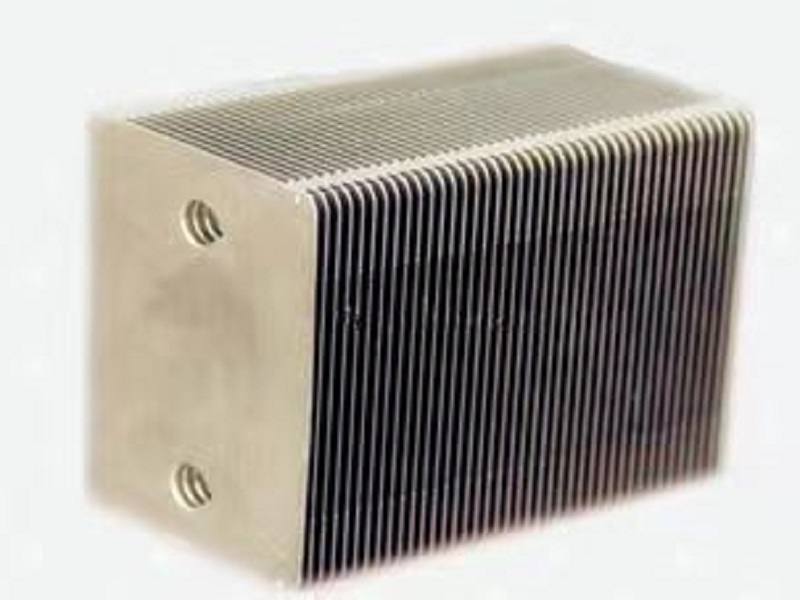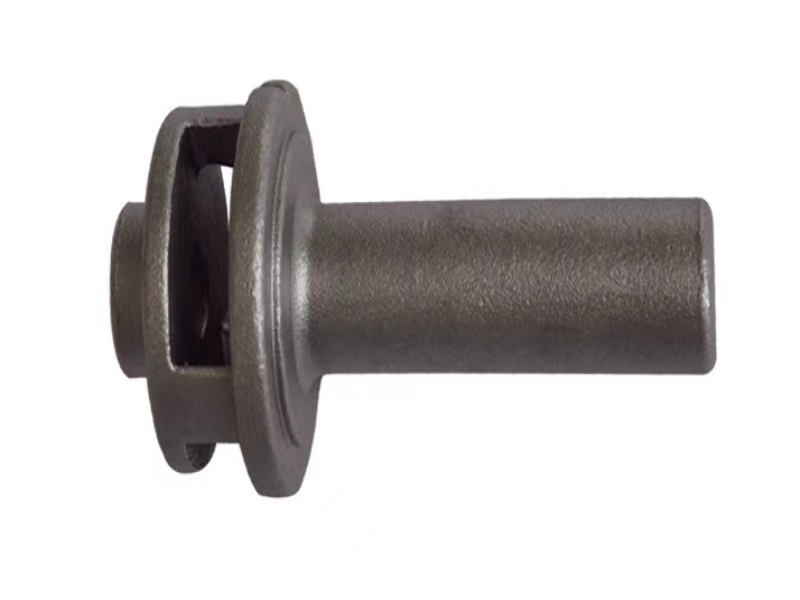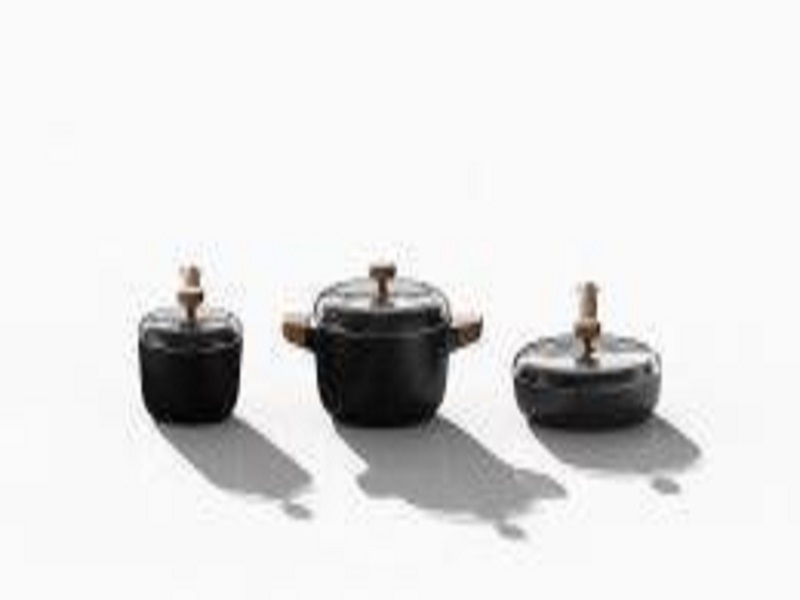

Thermal conductivity metal the ability of a metal conducts heat. This property varies by type of metal and is important to consider in applications where high operating temperatures are common.
In pure metal, the thermal conductivity remains roughly constant with increasing temperature. In alloys, however, the thermal conductivity increases with temperature.
Heat exchangers are a common application in which good thermal conductivity is important. Heat exchangers do their job by transferring heat to heat or cool.
Copper is a popular choice for heat exchangers in industrial facilities, air conditioning, refrigeration, hot water tanks, and floor heating systems. Its high thermal conductivity allows heat to pass through it quickly. Copper has additional characteristics required for heat exchangers, including resistance to corrosion, biological contamination, stress, and thermal expansion.
As a more cost-effective alternative, aluminum can also be used in certain heat exchanger applications.
Heat exchangers are often used in the following situations:

Heat exchangers in industrial facilities include fossil and nuclear power plants, chemical plants, desalination plants, and Marine services.
In industrial facilities, copper-nickel alloys are used to make heat exchanger pipes. The alloy has good corrosion resistance and can prevent corrosion in saltwater environment. It also has a good resistance to biological fouling, can avoid the formation of algae and nori. Aluminum-brass alloys have similar properties and can be used as substitutes.
Solar water heaters are a cost-effective form of hot water heating in which copper tubes are used to transfer solar thermal energy to the water. Copper is used because of its high thermal conductivity, resistance to air and water corrosion, and mechanical strength.

An air-water heat exchanger transfers heat from gaseous fuel to the water supply. They are common in residential and commercial boilers. For gas water heaters, copper is the material of choice because of its high thermal conductivity and ease of fabrication.
Heat pumps that use air have long been used for residential and commercial heating. They work by air to air heat exchange through the evaporator unit. They can be used in wood stoves, boilers and furnaces. Similarly, copper is commonly used for its high thermal conductivity.
Metals with good thermal conductivity are more commonly used for domestic purposes in cookware. When you heat food, you don’t want to wait all day. That’s why copper is used in the bottom of high-quality cookware, because the metal conducts heat quickly and spreads it evenly over its surface.
However, if your budget is limited, you can use aluminum cookware as an alternative. It may take a little longer to heat up your food, but your wallet will thank you!


For Further Details,Please Feel Free To Contact Us: